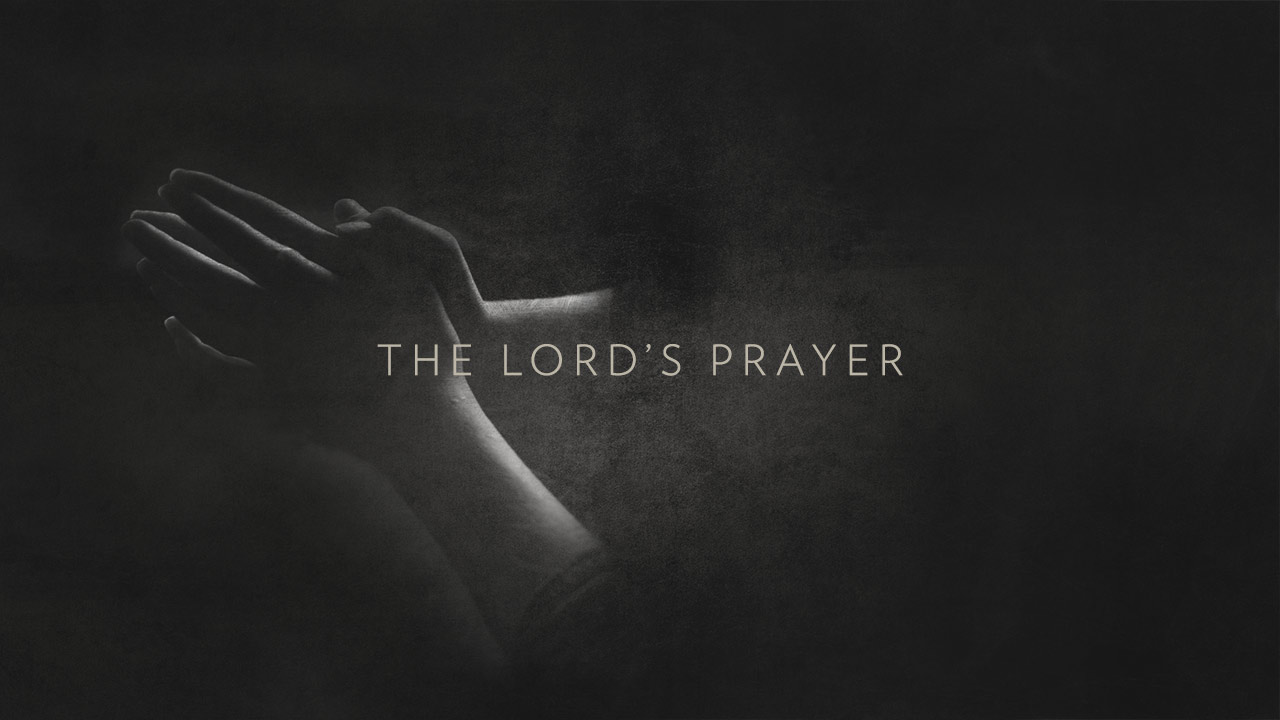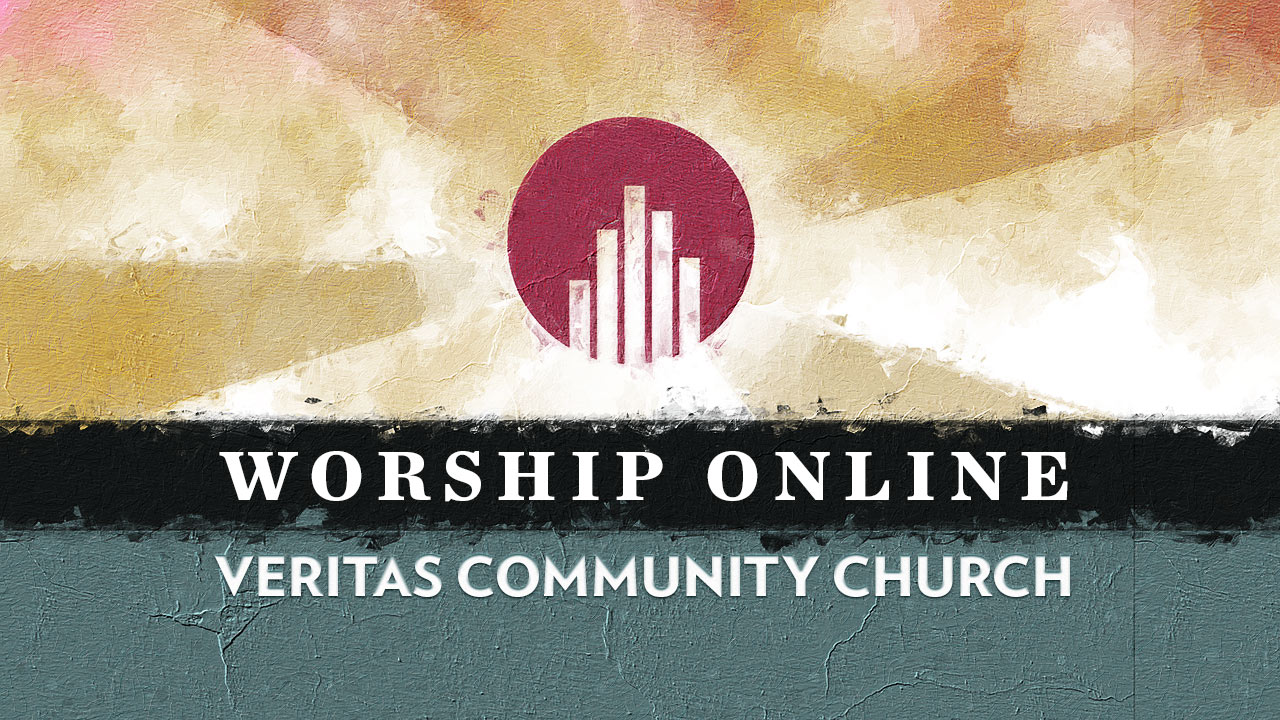
Our Father in Heaven
Congregation: Tri-City
Series: Matthew - The Lord's Prayer
Speaker: Mason Good
Scripture Text: Matthew 6:9
Laying the Foundation: Read Ephesians 2:1-8 and Galatians 4:4-8. Mason mentioned how amazing it is that we can call God “our Father.”
* When Jesus taught us to pray “our Father”, how would His original listeners have thought? Why was this idea so revolutionary at the time?
* Do we still think of this truth as revolutionary? Why or why not?
* What is the importance of realizing our sonship to God when we pray?
Leaders: The Fatherhood of God was not an unfamiliar idea to the Jews, but Mason mentioned that the sense in which it was a familiar concept was that of a distant relation – similar to the idea of having Abraham as father. Yet the Fatherhood that Jesus is ushering us into is something much more akin to the closeness of our own earthly fathers.
Read John 1:12-13 together and contemplate the following questions…
* Are all people children of God?
* What gives us the right to call God our Father? What is the theological name for this truth?
Leaders: The central theological theme underlying this part of the passage is the idea of “adoption.” Through the death, burial and resurrection of Jesus, we have been given the right to be called sons and daughters of God. This mind-blowing concept goes beyond the glorious truth of justification and forgiveness of sins, and adds the privilege of becoming co-heir with Christ. This happens when God brings us into His family by adopting us. Spending time as a group and individually discussing these privileges and their extravagance would be time well spent.
Our Father and our father
* How does our understanding of God’s fatherhood compare to that of our earthly Father?
* How do you think about your earthly father? Does he have a role in your life – if so what does that look like?
* How can the gospel truth of our adoption allow us to reconcile with our earthly fathers?
Leaders: Some of these questions are sensitive because for some of us, our experiences of fatherhood have been marred by sin. Let people share their experiences but let’s remember that our goal is to study the character of God and the nature of our heavenly Father. Mason said that “Our earthly fathers, flawed and sinful and broken as they are, are derivative of God who is the ultimate, Heavenly Father. Your earthly father has been tasked to be an ambassador of God as a representative of your true Father in Heaven. (and we can admit it’s a task that some fathers live up to better than others!) But the point is that whether you have a great relationship with your dad or a struggling one, he can’t come close to measuring up to your Heavenly Father.” It’s important to know that because we have been forgiven so much and even brought into God’s family, we can extend that forgiveness to our earthly families as well. You might even say that we can love others because He first loved us.
We pray and speak to a Father who is near, and yet He is glorious and awesome; He is “in Heaven”
* How does the heavenly nature of God the Father change our perspective and especially our approach to prayer?
* Another way to ask this is “What is the importance of the fact that the God to whom we pray is in Heaven?”
* How does the heavenly nature of God our Father serve as the foundation of our prayer life?
Leaders: He is “in heaven”, reminding us that he not only has the ear for us to speak into, but He has the power to save. This is foundational. We can know He not only listens, but He has the power to save! John Stott says, “Thus he combines fatherly love with heavenly power, and what his love directs his power is able to perform.” And so we hold both of these truths together simultaneously; one does not detract from another, or take away from another.
The Sovereign has condescended to give us an audience. He has invited us into the heavenly palace. He has lifted the scepter and told us to enter. We have access to His very throne… [but] We have forgotten that we are peasants in the presence of the King. Not just a king, the King, the King of kings, the Lord of lords, the One who is absolutely sovereign.” – R.C. Sproul
God is called “Father” and yet His name is to be “hallowed.” He is approachable, yet our approach must be with reverence.
* What does it mean to hallow God’s name?
* How does the “name” of God point to His character? Can you give some examples from other places in Scripture?
* Are we holding His name above all other names – even in our small talk with others?
* Mason asked in the sermon: Who do you think you are talking to when you are praying to God?
Leaders: God is not only near, He is not only our shoulder to cry on and our rock to lean on, He is holy and majestic and powerful. We must see by the name of God that He is holy, yet we can approach Him with our cares and troubles; we approach him with praise, adoration, and reverence, but also with our needs and cares.
“God is undefiled in all his ways. He is the supreme, the superlative moral majesty in the universe. But God’s holiness refers to more than his ethics. Holiness refers to everything that distinguishes the Creator from his creation. It is the infinite distance between his deity and our humanity. Holiness is the very Godness of God, the sum total of all his glorious perfections.” – Phil Ryken
“Hallowing God’s name requires praise for the goodness and greatness of his redemptive work, with its dazzling blend of wisdom, love, justice, power, and faithfulness. By wisdom God found a way to justify the unjust justly; in love he gave his Son to bear death’s agony for us; in justice he made the Son, as our substitute, suffer the sentence that our disobedience deserved; with power he unites us to the risen Christ, renews our hearts, frees us from sin’s bondage, and moves us to repent and believe; and in faithfulness he keeps us from falling, as he promised to do, till he brings us triumphantly to our final glory…all of this is God’s gift.” – J.I. Packer
Direction for Discipleship: Spend time reading Galatians 4:1-7 and Romans 8. Some of Mason’s takeaways ought to be considered as we have conversations this week. One of them is that we must be careful not to profane the name of God with our mouths – we must not take His name lightly, as if it is something “common.” In our times of worship publicly and privately are we lifting us God’s name as glorious? Similarly, are we holding His name above all other names – even in our small talk with others? Do you think of God as your “father” – what barriers/struggles do you run into when you read these words from Jesus? What objections must be overcome in your mind (and heart!) for this to be embraced and manifested in your life and in your words as true? Are there conceptions of fatherhood that you are taking from past experience that do not match what you read about here in Scripture? And – importantly – this week meditate upon how God’s forgiveness and adoption of you as a son/daughter frees you to extend grace to your earthly father.



Comments are closed.